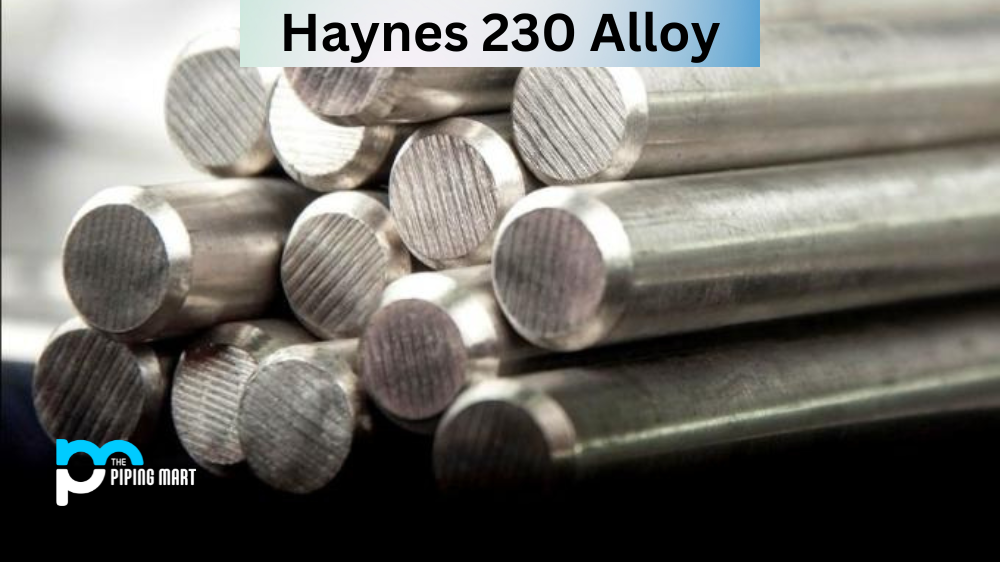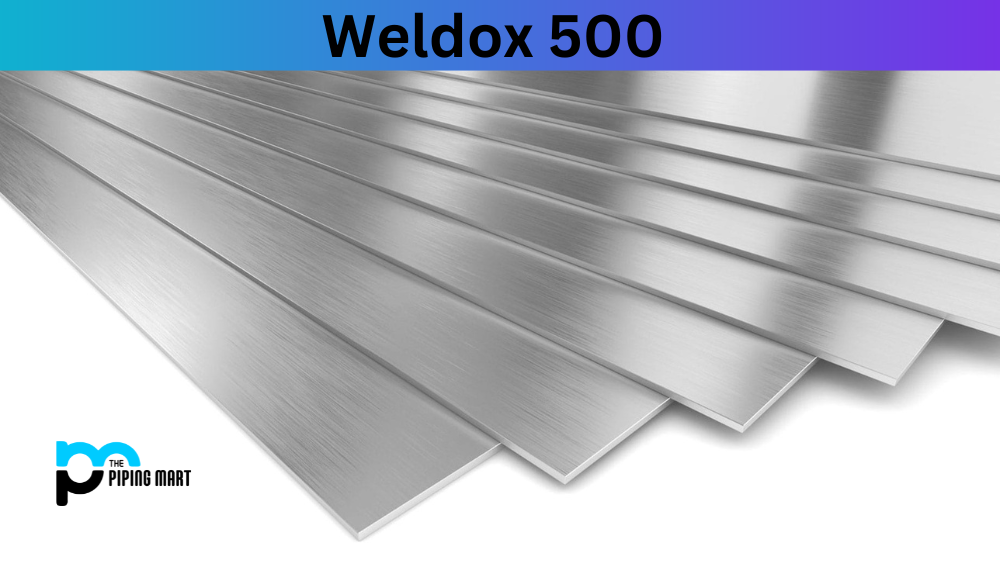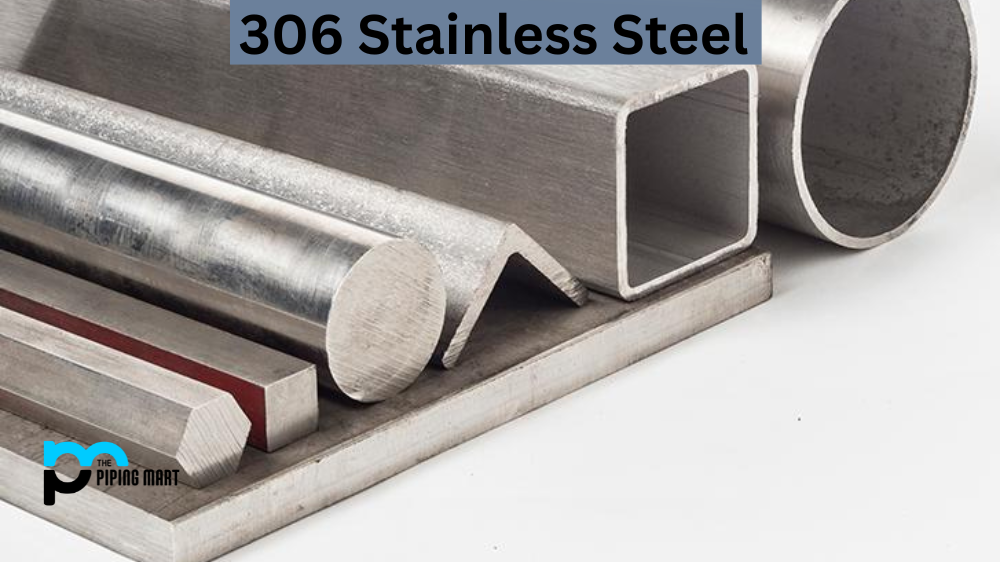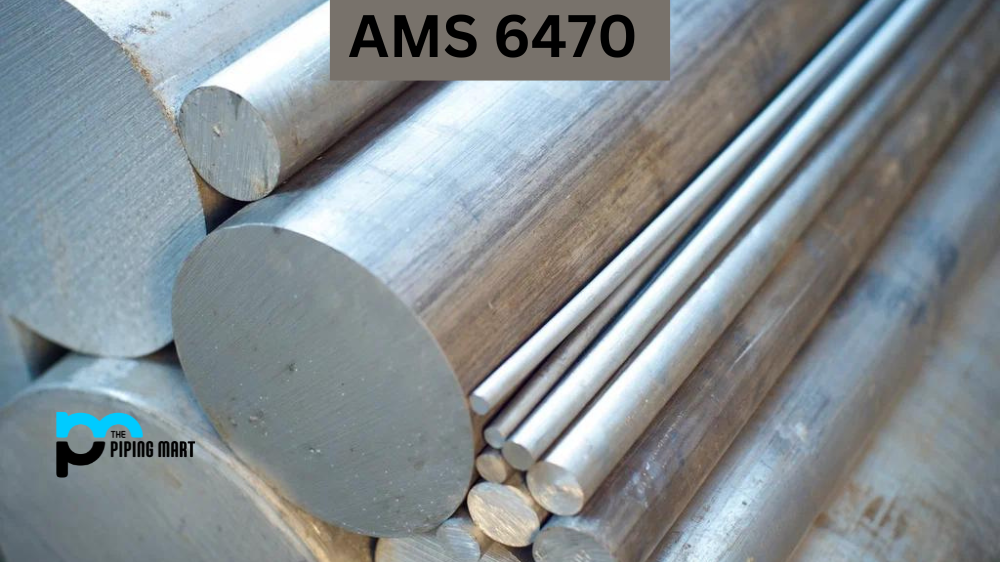UNS N06230 is a nickel-chromium-tungsten alloy that is used in high-temperature applications. This alloy has exceptional oxidation resistance, excellent high-temperature strength, and outstanding formability and weldability, making it an ideal choice for many industrial applications. In this blog post, we will discuss the composition, mechanical properties, physical properties, uses, and corrosion resistance of Haynes 230 alloy.
Haynes 230 Composition
Haynes 230 alloy contains nickel (58%), chromium (25%), cobalt (19%), tungsten (7%), molybdenum (4%), aluminium (1%) and manganese (1%). These elements provide superior strength and corrosion resistance which makes them a great choice for high-temperature applications.
| Element | Content (%) |
|---|---|
| Nickel, Ni | 56.16-65.7 |
| Chromium, Cr | 20-24 |
| Tungsten, W | 13-15 |
| Molybdenum, Mo | 1-3 |
| Manganese, Mn | 1 |
| Silicon, Si | 0.25-0.75 |
| Carbon, C | 0.050-0.090 |
Haynes 230 Mechanical Properties
The mechanical properties of Haynes 230 alloy are excellent. It has a yield strength at a room temperature of 210 MPa and an ultimate tensile strength at a room temperature of 500 MPa. It also has good ductility with a strain hardening exponent of 0.15 and an elongation at a break of 20%.
| Properties | Metric | Imperial |
|---|---|---|
| Tensile strength | 485 MPa | 70300 psi |
| Yield strength | 275 MPa | 39900 psi |
| Elongation at break | 15.0 % | 15.0 % |
Haynes 230 Physical Properties
UNS N06230 alloy has excellent thermal conductivity with a thermal diffusivity coefficient of 1.35 W/mK and an electrical resistivity coefficient of 1 x 10-6 ohms-m at room temperature. It also has good machinability with a machinability rating between 90% to 100%.
| Properties | Metric | Imperial |
|---|---|---|
| Density | 8.96 g/cm³ | 0.324 lb/in³ |
| Melting point | 1343°C | 2450°F |
Haynes 230 Equivalent
- AMS 5878
- AMS 5891
- ASTM B435
- ASTM B564
- ASTM B572
- ASTM B619
- ASTM B622
- ASTM B626
Haynes 230 Uses
Haynes 230 alloy is used in numerous industries such as aerospace, automotive, chemical processing, petrochemical processing, power generation, marine engineering, and more due to its superior strength and corrosion resistance. It is also used in aircraft turbine engines due to its ability to withstand temperatures up to 1200°C without compromising on performance or reliability.
Haynes 230 Corrosion Resistance
Haynes 230 alloy is highly resistant to corrosion in both acidic and alkaline environments, making it ideal for harsh environments where other alloys may not be suitable. It also has good oxidation resistance at elevated temperatures up to 1200°C, which makes it suitable for use in high-temperature applications such as aircraft turbine engines or industrial furnaces where other alloys may not be able to handle the heat load without deteriorating quickly.
Conclusion
Haynes 230 is an excellent choice for high-temperature applications due to its superior strength, corrosion resistance, formability, weldability, machinability, electrical resistivity coefficient, thermal diffusivity coefficient, and oxidation resistance at elevated temperatures up to 1200°C. Its versatility makes it suitable for numerous industries, such as aerospace engineering, automotive manufacturing, chemical processing, petrochemical processing, power generation, marine engineering, and more. If you are looking for a reliable material with superior performance characteristics, then look no further than Haynes230!
Meet Heer, a dynamic and driven writer learning tricks of her trade in the metal industry. With a background in Digital Marketing, Heer brings a unique perspective to her writing, sharing valuable insights. Apart from blogging she like reading and hiking.




